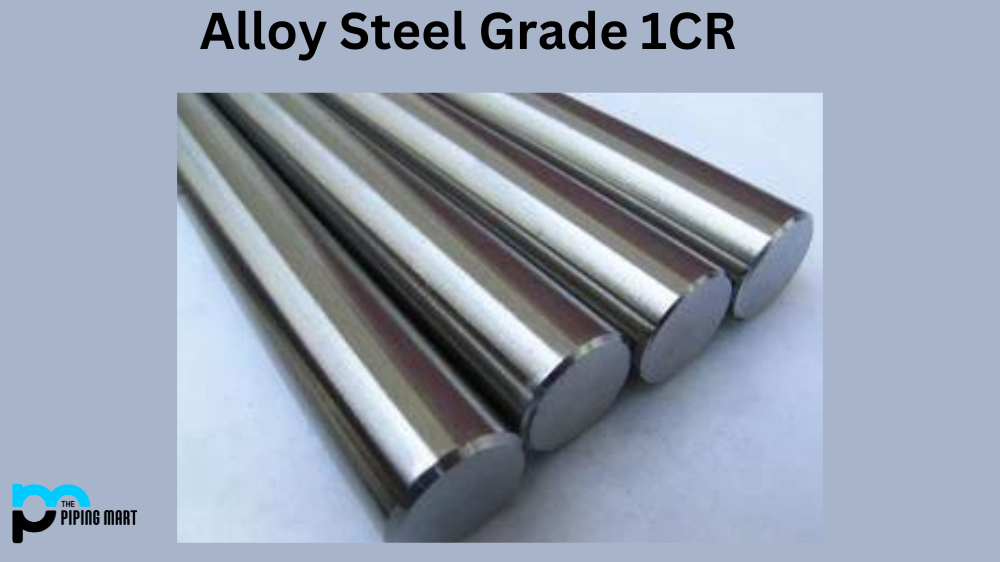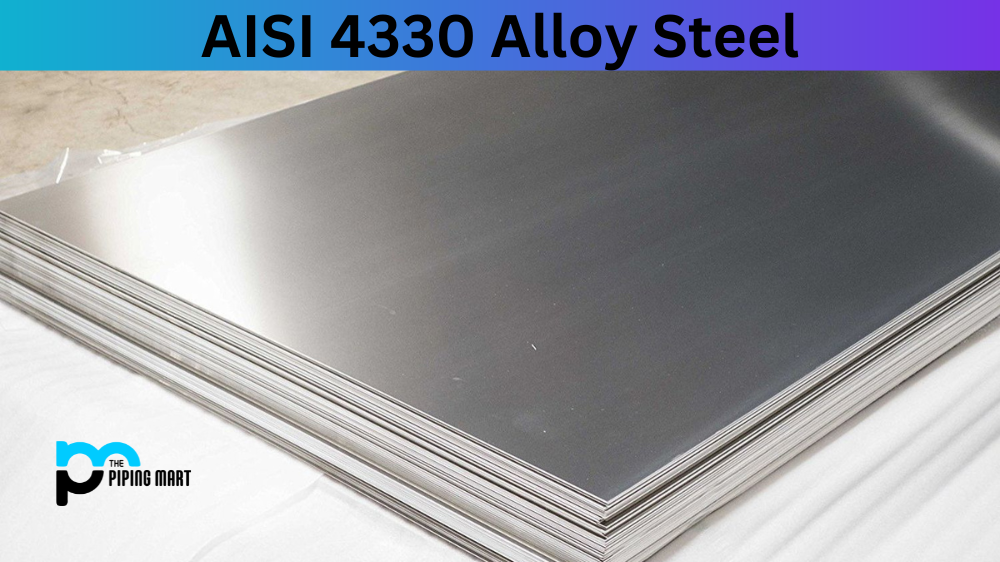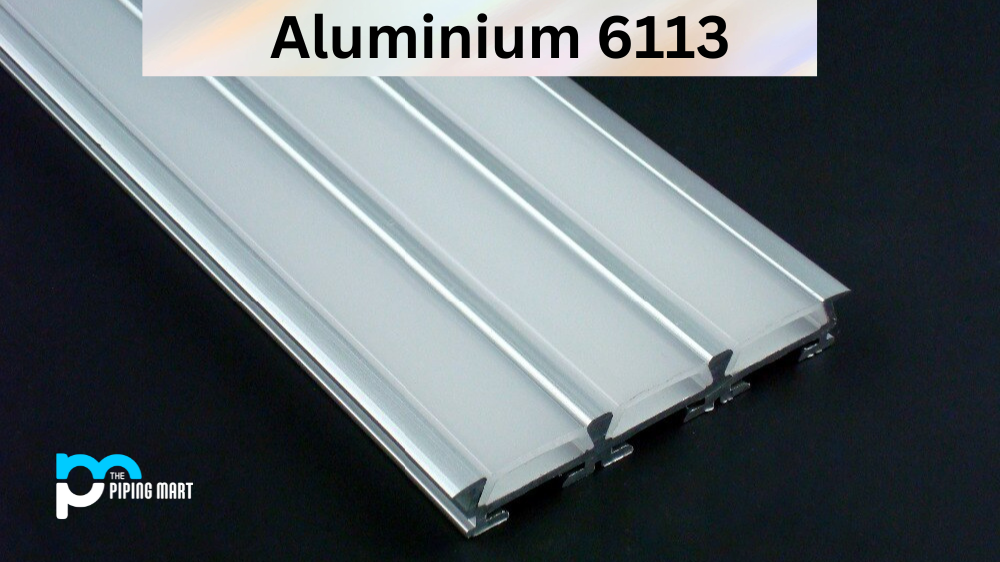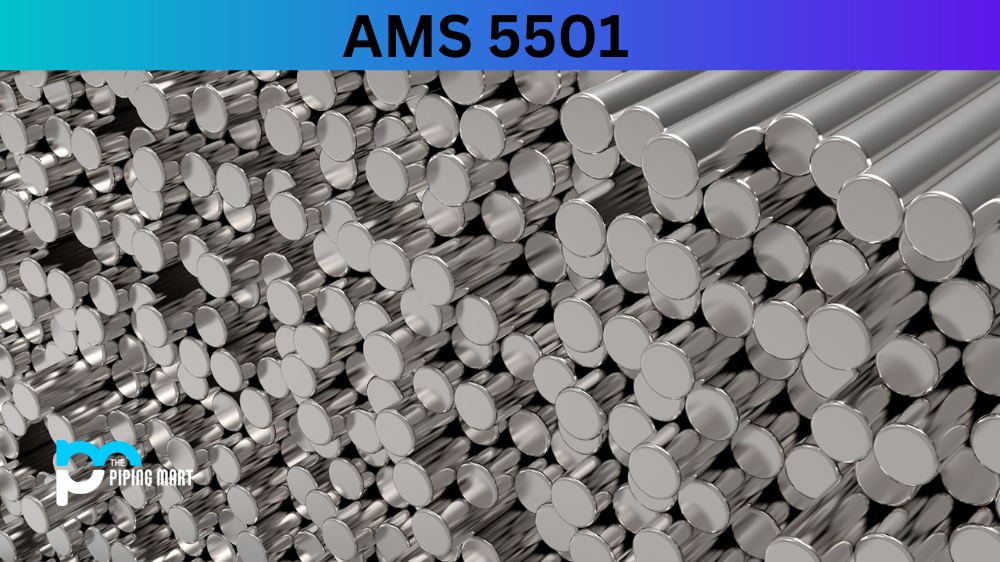Alloy Steel Grade 1CR is a low-alloy steel that is strong, durable and resistant to corrosion. It is also easy to machine and weld, making it one of the most popular alloys used in a variety of industries. In this blog post, we will explore the composition, chemical properties, mechanical properties, physical properties and uses of Alloy Steel Grade 1CR.
1CR Steel Composition
The composition of Alloy 1CR consists primarily of iron (Fe), carbon (C), silicon (Si), manganese (Mn) and chromium (Cr). This alloy also contains trace amounts of phosphorus (P) and sulfur (S). These elements work together to give Alloy Steel Grade 1CR its superior strength and corrosion resistance.
1CR Steel Chemical Properties
The chemical properties of Steel 1CR make it ideal for a variety of applications. It has excellent strength at high temperatures and is resistant to oxidation, sulfidation and carburization—making it an excellent choice for components that are exposed to high heat or harsh environments.
1CR Steel Mechanical Properties
Grade 1CR has excellent mechanical properties that make it ideal for use in a variety of applications. Its tensile strength ranges from 390 MPa to 790 MPa, with yield strengths from 290 MPa up to 790 MPa as well. It is also extremely hard and wear-resistant, making it great for parts that need to withstand heavy wear or impact.
1CR Steel Physical Properties
The physical properties of Alloy Steel Grade 1CR make it an ideal choice for many applications. It has good ductility and formability, making it easy to work with when fabricating parts or components. Additionally, its thermal conductivity is higher than other alloys, which means less heat is lost during fabrication processes such as welding or machining.
1CR Steel Uses
Due to its superior strength, corrosion-resistance and wear-resistance, Alloy Steel Grade 1CR is widely used in many industries, including automotive manufacturing, aerospace engineering and construction equipment production. It can be found in everything from engine blocks to exhaust manifolds, gears, shafts and valves due to its excellent machinability characteristics. It can also be used for oilfield equipment due to its excellent corrosion-resistance properties in harsh environments.
Corrosion Resistance
The chromium content in the alloy provides good corrosion resistance against acids, while the silicon helps improve its resistance against oxidizing agents like nitric acid at elevated temperatures.
Heat Resistance
Furthermore, the high nickel content provides excellent heat resistance qualities allowing you to use this alloy at high temperatures without worry about degradation or loss of performance over time due to excessive heat exposure. Additionally, the molybdenum content increases the steel’s creep strength at elevated temperatures making this grade perfect for parts that need extra strength under extreme conditions, such as turbines or boilers operating at high pressures or temperatures over 700°C (1292°F).
Heat Treatment
To achieve optimal performance from your parts made from Alloy Steel Grade 1cr, you may need to perform heat treatment after machining operations such as forging or casting. Heat treatment includes normalizing, annealing, tempering, quenching etc. This can improve the material’s hardness, tensile strength, yield strength, elongation, ductility etc.
Machining
Machining these steels can be difficult if not done correctly, so use proper coolants when cutting them with tools such as drills, taps or dies. Proper lubrication should also be used when cutting threads into these materials.
Welding
Welding these steels requires preheating before welding takes place. Preheating temperature should not exceed 250°C (482°F); otherwise, distortion may occur during cooling process after welding. Also, use low hydrogen electrodes when welding these materials; otherwise, cracking may occur due to their hardening characteristics. Post weld treatments are usually required after welding these materials so they retain their original mechanical properties.
Conclusion
With its superior strength, durability and corrosion resistance—as well as easy machinability—Alloy Steel Grade 1cr offers numerous benefits for many industries requiring reliable parts made from tough alloys like aerospace engineering applications where weight savings are necessary yet dependable performance must still be achieved even under extreme conditions like turbines operating at elevated temperatures over 700°C (1292°F). When properly heat treated after fabrication processes such as casting or forging, this alloy can maintain its desirable qualities, enabling you to create quality parts ready for use with your application’s specific requirements, no matter how demanding those requirements may be. Whether you’re looking for components that need extra strength under extreme conditions, like turbines operating at high pressures or valves that need exceptional corrosion resistance in harsh environments – look no further than Alloy Steel Grade 1cr! With its superior characteristics coupled with easy machinability – there’s no doubt why this alloy remains one of the top choices across multiple industries worldwide!
Meet Heer, a dynamic and driven writer learning tricks of her trade in the metal industry. With a background in Digital Marketing, Heer brings a unique perspective to her writing, sharing valuable insights. Apart from blogging she like reading and hiking.




